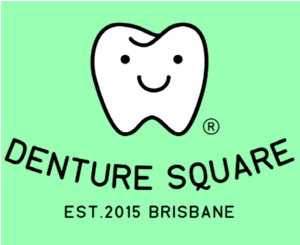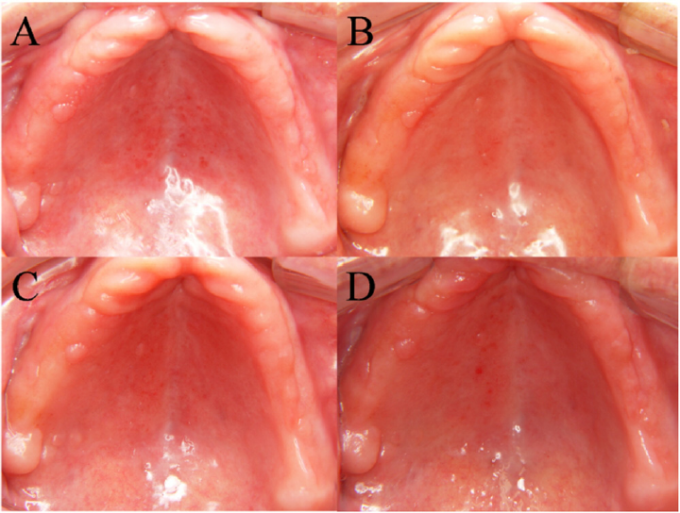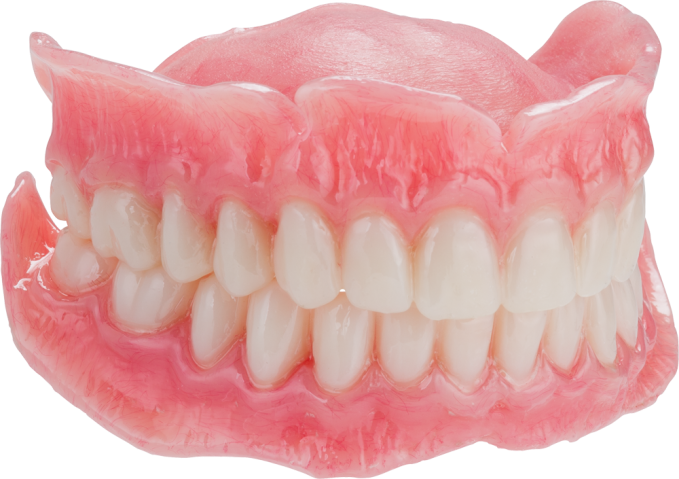Be Patient
New denture tips are helpful but there are no lessons or books; you simply must wear your dentures constantly. You will learn to master them and the more you want to learn the faster the process. In some ways it's like learning to drive. Some people learn without difficulty and some have a little trouble. Everybody can learn though. With daily practice, you will learn too.
Practice Talking
Some patients find it difficult to speak clearly and distinctly. For the most part, they have a tendency to lisp. This is caused by the dentures having altered the shape of the mouth. As soon as your tongue, lips and cheeks become accustomed, speech returns to normal. Another of the new denture tips is to practice talking in front of a mirror or simply reading aloud to yourself for a few minutes each day until you feel comfortable.
Learning To Eat
You should be able to eat most of your normal diet within a few weeks. In the beginning, though, start with soft, easily managed food. For example, chopped meat and tender vegetables are best. Take small bites and chew gently and thoroughly. Be sure you don't get into the habit of chewing on only one side of the mouth. Begin by placing half of each mouthful on one side and the other half on the other side. You can distribute the pressure more evenly this way and it helps one to learn to eat more easily.
denture repairs brisbane north
When it comes to eating hard foods such as apples or corn on the cob, here is one of the best new denture tips you can try to. When you bite with natural teeth there is a tendency to pull forward. With your dentures, develop the habit of pushing back a little, especially when you are eating something like corn on the cob. Pushing back as you bite helps produce the leverage needed to keep your dentures in place.
Sleeping With Dentures
It is quite common for people to wear their dentures all the time. If you grind your teeth while you sleep, you will wake up with a sore mouth and it would be best if you didn't wear your dentures at night. On the other hand, sleeping without teeth may cause your facial muscles to ache. If you do sleep with dentures in place, don't be surprised if you find them on your pillow in the morning. It won't happen often but it may in the beginning. You will find you adjust to what is best for you rather quickly. For more information on this go to the Denture Care section.
dentures brisbane




